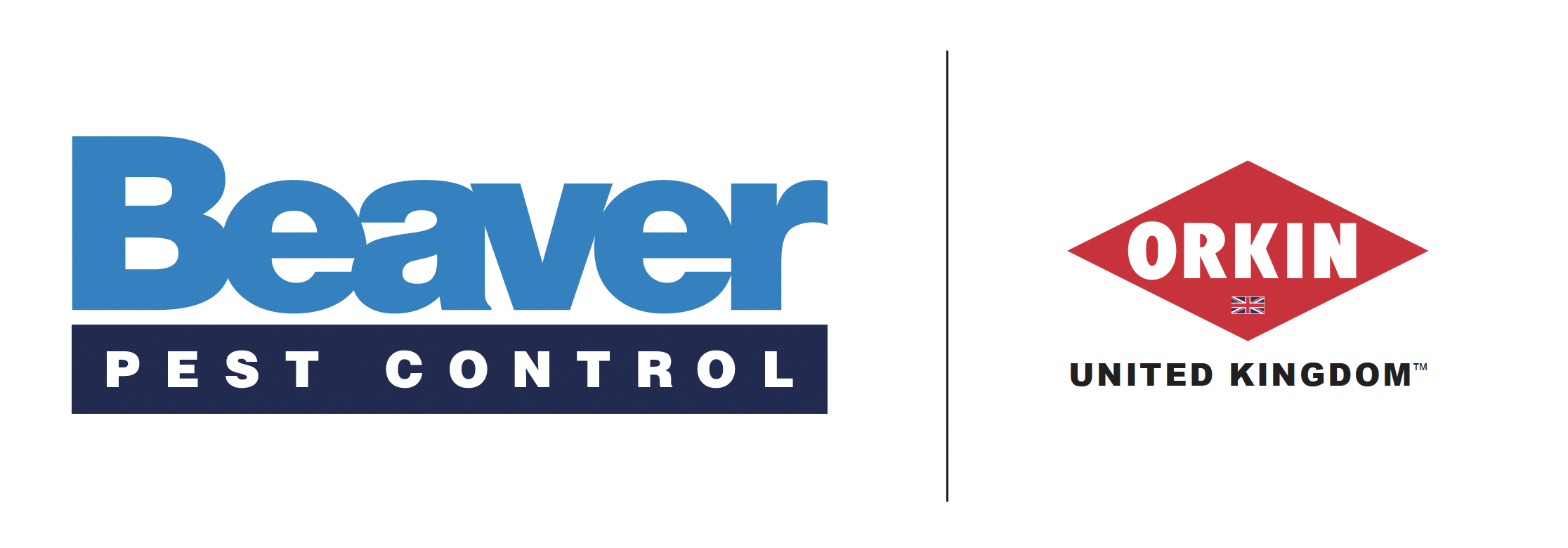SPI Moth control
keep your food safe from SPI Moths
GET A FREE QUOTATION
Let's talk about your pest problem. Call Beaver Pest Control London on 020 8355 3443
Fast and effective moth control for London & the South East
SPI Moths are common pests affecting homes across London and the South East. The most common stored product moths that require SPI control include the Flour Moth, Warehouse Moth, White Shouldered House Moth and the Indian Meal Moth. Although SPI pests are most likely to infest cardboard boxes, packets or sacks of food that have already been opened there are many larvae that can chew their way through this packaging or find an opening into non-air-tight plastic containers or cardboard boxes. As moths fly around it is very important to distinguish whether you have textile pests or SPI because the SPI control treatment is completely different to textile pest treatments. Our expert technicians will be able to help you identify any contaminated food products and provide a residual moth repellent treatment to eradicate the pests.
HOW TO GET RID OF MOTHS
NEXT STEPS
Our helpful, friendly teams are here to help you at each step of your journey to a pest free home.
1. Dedicated Customer Service
We are always available for advice and offer 24/7 out of hours phone line for urgent requests.
2. Preparation
Prior to treatment, you will be advised to carry out preparation such as removing contaminated food.
3. Treatment
One of our experienced RSPH Level 2 trained technicians will carry our treatment in line with our integrated pest management approach.
4. One Month Guarantee
We include a one month guarantee following your last visit to give you peace of mind following our treatment.
How do I know if I have an SPI moth problem?
If you think you’ve spotted signs of an SPI moth infestation, you’re in the right place. This quick guide to SPI moths will help you determine if it is in fact SPI moths you are dealing with.
There are a number of tell-tale signs that you have an SPI Moth infestation:
- Damage to packaging: small holes in packaging are a red flag.
- Discolouration: SPIs will contaminate the food and can cause the food to discolour.
- Sightings: you may see adult moths or larvae in the food itself.
The most common SPI moths found in the UK are the Indian Meal Moth and Mill Moths. There are also a number of SPI beetles.
A single Indian-meal moth female can lay up to 400 eggs after mating. Once the larvae hatch, they will start looking for a food source within a few hours. The larvae are surface feeders. Most of the “damage” to stored products occurs when the larvae nest within the products leaving faecal products and shed skins.
At Beaver we practice Integrated Pest Management (IPM). This is a sustainable approach to managing pests by combining biological, cultural, physical and chemical tools in a way that minimises economic, health, and environmental risks.
We follow the following 5 steps:
- Inspection – when dealing with SPI moths, inspection is crucial. Identifying the type of moth will determine where to look for further infestations. For instance, clothes moths will likely be found in bedroom cupboard or airing cupboards, whereas stored product insects could be found in flour or grain bags.
- Exclusion – most stored product insects come into the property via food packaging so inspecting food on a regular basis can help prevent entry. If moths are coming in through open doors, fly screens could be considered to reduce risk of entry.
- Restriction – using pheromone-based moth repellent can be effective in breaking down the breeding cycle.
- Destruction – removing the contaminated food is the quickest way to deal with a moth infestation.
- Communicate – Communication is perhaps one of the most important parts of the process as a whole. At every stage of this process our technicians will be communicating their actions and importantly the reasons for their actions for you. Explaining the importance of exclusion and restriction will in the long term benefit you as you will reduce the risk of repeated infestations. It is very important that the recommendations the technicians provide are followed to support you in having a pest-free home.
Customer Reviews
- FAQS
Absolutely not. We provide an individualised service for each client and their pest problem. Our pest treatments will be tailored to your needs!
Our expert pest control technicians will always carry out a risk assessment before treatment and will give you advice on how to minimise risk to your family and pets. We aim to reduce the number of chemicals we use when treating pests, and where possible will carry use physical and biological deterrents first.
Domestically we cover London and the South-East. We offer national coverage for commercial customers.
Use our residential postcode checker to see if we cover your home.
Payment is taken upon booking of the job with our customer service team. We accept all major credit cards with the exception of American Express.
Using a professional company is the quickest and most effective way to get rid of mice. The training given to professional technicians is not just about how to treat pest but also, and more importantly, how to do it safely so no harm comes to other animals, including pets and other wildlife such as hedgehogs and birds.

